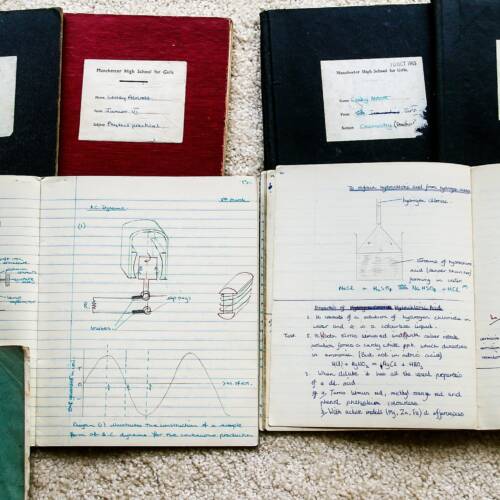
How to Study at Home in the Midst of a Global Pandemic
17 Mar 2020With summer exams around the corner, and the possibility of schools and universities closing down due to the spread of coronavirus, many are worried about how this will disrupt their lessons and study schedule over the next few months. However, there are a number of effective ways to study at home and stay up to date with content while your classes are suspended.
Here are a few tips on how to make the most of this time, and study effectively at home:
1. Create a timetable
It can be a struggle to manage your time when you’re at studying at home. Start by creating a clear and organised timetable. Allocate each slot within your timetable to a different subject or module. It is difficult to stay motivated for long periods when you’re at home and distractions are inevitable. That’s why it’s important that you do not overload your schedule. Aim for about 6 hours of solid work spread throughout the day, with enough breaks at regular intervals.
Consider an early start – just as you would if you were to attend school or university. (Though this doesn’t mean you can’t take advantage of a few extra hours of sleep, since you’re saving time on getting dressed and travelling!)
Make sure you can strike the right balance between both studying, and your personal time. You will need to dedicate adequate time to both, to ensure you are taking care of your mental and physical health during this period.
2. Get All the Material You Need
Whether that’s past papers, mark schemes, revision notes, lecture recordings, lecture slides, and any other material you think will help, get in touch with your teacher via email and ask them for all the resources you need to ensure you aren’t missing out on anything. Though the internet can be useful, oftentimes your school or institution may have tailored content to fit their specific examination board. So get organised, and ask for everything you think you’ll need.
3. Study in a Well-Designated Area
If you’re aiming to study effectively, your environment is a key factor to consider when it comes to your productivity levels. Whether you’re a visual, kinaesthetic or auditory learner, you need a comfortable room, and a suitable noise level in order to work productively. Ideally, find a room with a spacious table for you to organise your study material. Having a designated area helps you get into the ‘zone’ of studying, and will minimise the temptation to procrastinate. (Do not even think about studying in bed. You’ll end up wanting to doze off every half an hour)
4. Don’t Let Your House Chores Distract You From Studying
To prevent your revision sessions from unnecessary interruption, consider completing your house chores beforehand. You don’t want them sitting at the back of your mind while you are studying, as this will only make you lose focus. Getting them done before you sit to study, will allow you to truly relax during your breaks, and you’ll also have plenty of free time after your study session to have some personal time, rather than a pile of dreadful housework!
5. Use a Time Tracker
Use a timer to track and note down how much work you have been able to get done and how long you have spent studying each subject or module. By doing this, you can ensure you are dividing your time equally and effectively, and it helps you stick to the timetable you have created for the day (in step 1!) A timer will also help you keep track of your break times so you know you’re not over-doing it. At the end of each day, try and reflect on what you have completed, check if you have met your targets, and also consider what you could do tomorrow to make your study time even more effective.














